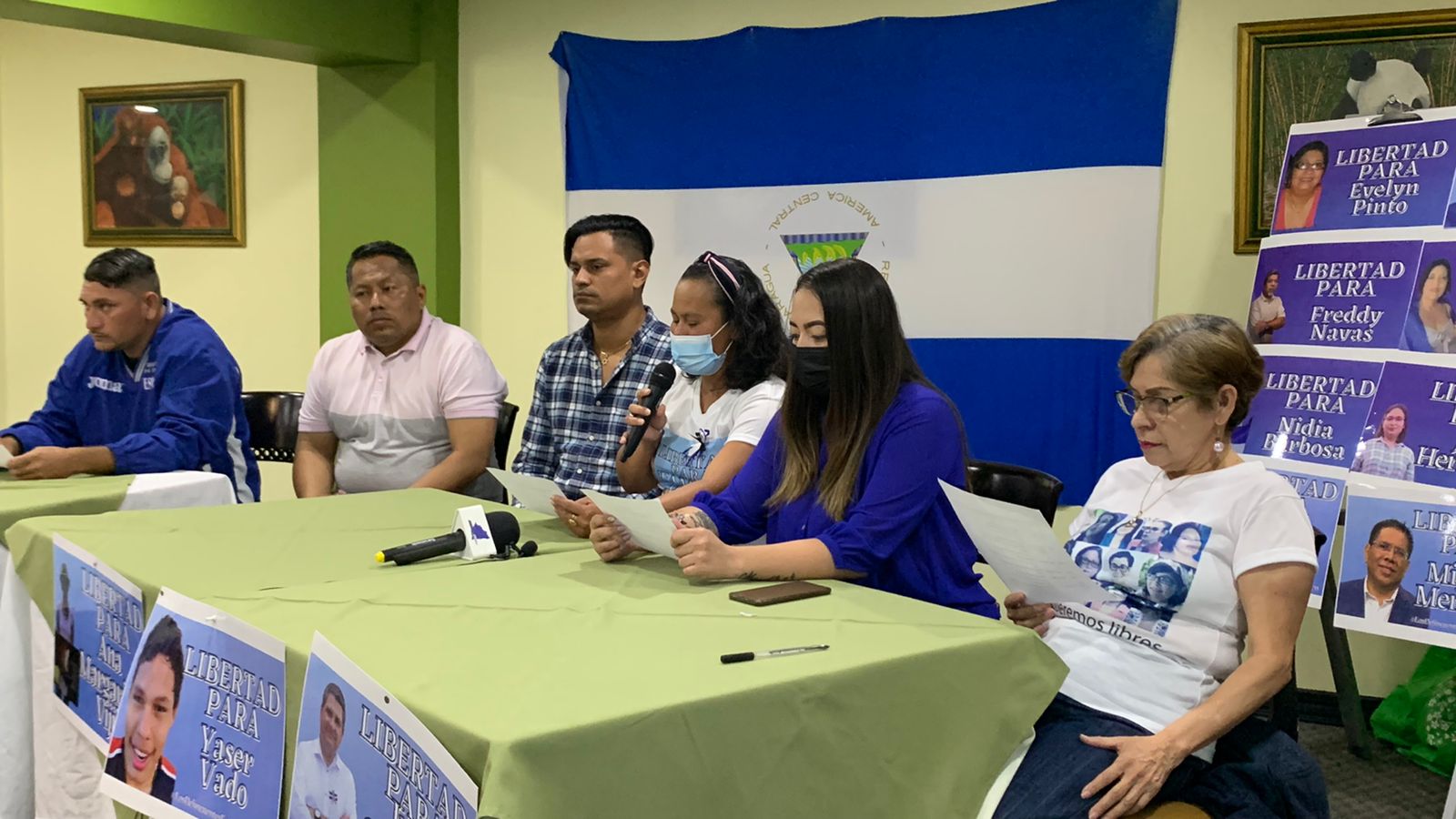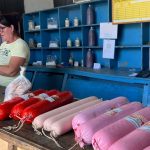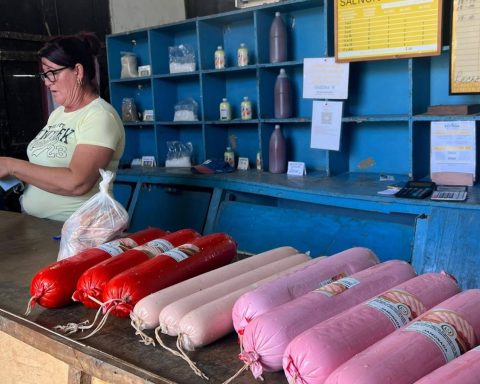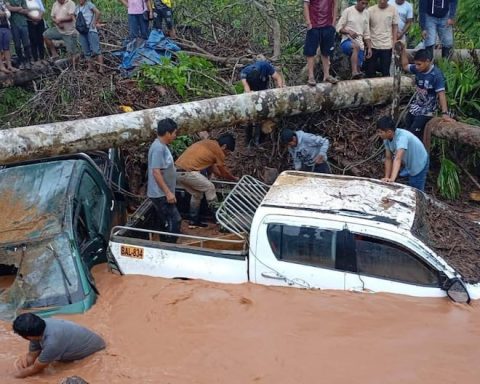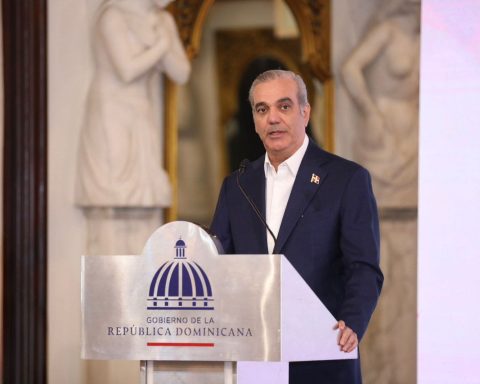Three weeks after the fourth anniversary of the April 2018 Rebellion, organizations of Nicaraguans in exile began a memorial day which, among other things, includes sit-ins at the embassies of countries that have refrained from condemning the repression of the Daniel Ortega regime, a transitional justice forum and a photographic exhibition by the University Coordinator for Justice and Democracy (CUJD) and the Mothers of April Association (AMA).
The event takes place in Costa Rica from this Monday, March 28, to April 24. Time in which the organizers hope that exiles in other countries of Central America, Mexico, the United States, Canada and Europe will join. In addition, they are coordinating “creative and innovative” forms of protest within Nicaragua, but for security reasons they cannot be revealed.
The highlight of the day will be on April 19 with a vigil that will take place in several cities simultaneously, followed by a cultural concert in Plaza Roosevelt, in San José, Costa Rica, scheduled for April 23 and finally a mass for the release of political prisoners scheduled for April 24.
According to April’s mother (AMA), Susana López, the civic resistance to the police state imposed by the Daniel Ortega regime “is still alive” and “continues to express itself” inside and outside the country. Proof of this was “the massive rejection of the electoral farce of (past) November 7, 2021” and “the dignity” of the more than 170 political prisoners who, despite cruel treatment, “do not agree to sign judicial sentences for crimes not committed. , in exchange for improving the conditions of the confinement or a release”, he read during a press conference.
Solange Centeno, from the Union of Political Prisoners of Nicaragua (UPPN), also invited all Nicaraguans inside and outside the country, without ideological and political distinctions, “to promote coordinated and creative (protest) activities” to evade the police state. and to join the activities that “we will soon be calling for the freedom of all political prisoners in Nicaragua.”
Police threaten opponents to prevent protests
The proximity of the fourth anniversary of the April Rebellion also has regime operators on alert. An inhabitant of a municipality in the southeast of the country, whom we will call “Karla”, denounced that she was summoned to a police station two weeks ago to be threatened by an intelligence agent. “Everything that happens in the municipality or surrounding towns is because you have connections with other people. Everything is going to be your responsibility and at any moment I will send you to stop with the patrol”, the officer would have told the woman.
“Karla” has suffered from the police siege since 2018. However, a few weeks ago, it intensified – with more patrols and a summons. “They (the government) are insecure and feel threatened,” “they believe that at any moment the people are going to rise up again,” she said. For that reason, she considers that they are more aware of those who have openly declared themselves to be opponents.
In addition to his house, five other families in his municipality live under police control. A day, he counts four visits from the patrol, including night and early morning. They are aware of all your movements, including the people with whom you interact.
In the police appointment, the agent also pointed out that she allegedly financed the purchase of paint with 10,000 cordobas to carry out protest actions in her municipality and to hold meetings with opponents from Masaya and Carazo. She denied the accusations and argued that she rarely left her house.
The opponent assures that the police surveillance has limited the forms of expression in the territories -paintings, pieces of paper, stickers, decals, among others-, although there are always people who take risks and look for options to point out their disagreement with the regime and keep in memory the social outburst of a few years ago. four years.
“Karla” points out that until now she has endured any type of threat, but she is concerned that from November 2021 to date, the Police have repeatedly mentioned the possibility of imprisoning her without having committed any crime, only for exercising her right to freedom. freedom of expression and dissent from the Government.
In 2021, the Ortega regime imprisoned 68 people, mostly between May and November, as part of an attack against the main opposition political leaders and civil society. Of this group, the majority were accused of “undermining national integrity” and “propagation of false news”; 54 have been sentenced with sentences of seven to thirteen years in prison.
